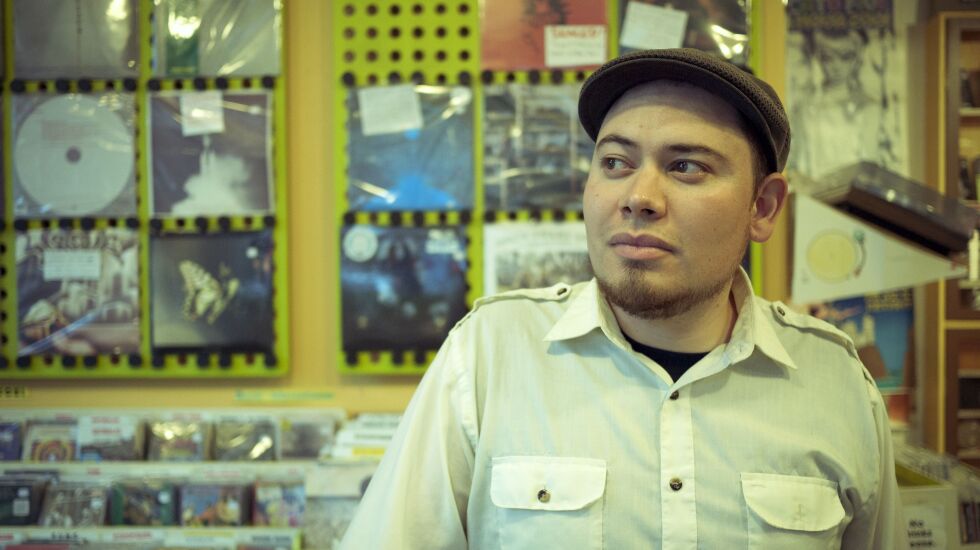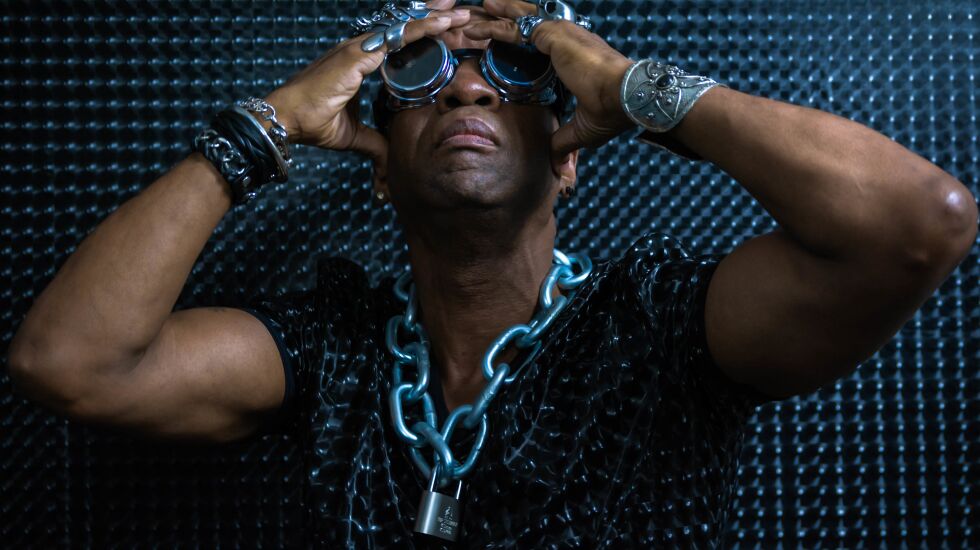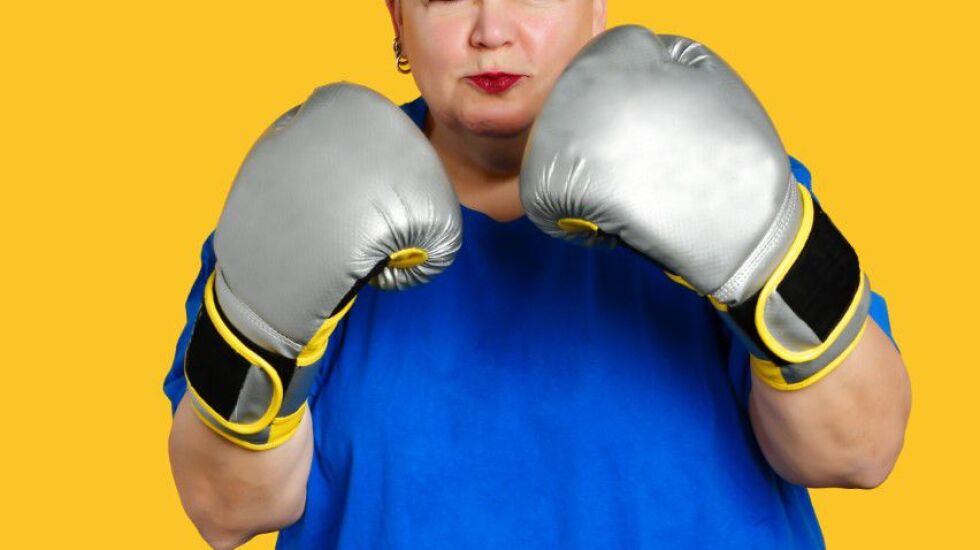
A genre of music that was started more than four decades ago in The Warehouse, a Chicago club whose primary clients were Black gay men, has morphed into a worldwide phenomenon — and the city will again pay homage to this branch of dance music June 23-24 during the Chicago House Music Festival and Conference.
The event will include a conference at the Chicago Cultural Center from 5 to 9 p.m. June 23, with talks covering everything from activism to safe spaces to technology to South Africa sound known as amapiano.
A music festival will take place on June 24 at the Humboldt Park Boathouse Lawn, and will feature such performers as Noshaluv, Roy Davis Jr. and the iconic Robert Owens (who will also deliver a keynote fireside chat from 8-9 p.m. on June 23 at the Chicago Cultural Center’s Preston Bradley Hall).

But with all the sub-genres of house music that have launched — including acid house, hip-house and even gospel house — what makes Chicago house music just that?
“How much time do you have?” event organizer Chavez asked, without missing a beat (no pun intended). “I think what makes it different is that the genre was born and raised in Chicago, and the things that influenced it is the rich cultural history we have here. Chicago is a great music hub, like with jazz, blues and gospel; house comes out of that tradition. It’s an evolution of all those things and it absorbs all those things in its music.”
He added, “The impetus of this was the gathering of Black and Brown queer folk who were facing a lot of things like homophobia and socio-economic hardships in the city. All of those things are reflected in that music. I think that’s why it also drew the freedom of jazz, the inspiration of gospel and the blues. You can’t get that kind of result in other cities.”
And over more than 40 years, house music has certainly evolved.
“When it stops evolving, I think it stops being interesting to people,” Chavez said. “I think what started in the early ‘80s as what we know as house music is different than what people feel as house music, which is usually disco and bass. It created a vibe. But when you create house music tracks, you talk about technology, like drum machines, synthesizers and samplers, which inspired what we know as Detroit techno.
“But evolution brings different branches and sub-genres and styles. You have acid house, deep house and footwork, which is a whole other thing. So you have a lot of things that some people may think may not come from house, but it does, like EDM [electronic dance music]. House music revolutionized dance music on an international level.”
And house music has certainly permeated the mainstream, thanks to artists such as Beyoncé and Drake, whose most recent albums paid tribute to the form.
“I think Beyoncé has called out the queer roots of house,” Chavez said. “You have a lot of house producers who’ve remixed and reworked a lot of commercial pop music. Think back to the late ‘80s and the ‘90s with Mariah Carey. You have producers who have won Grammys and who’ve been Grammy-nominated, like Maurice Joshua, Frankie Knuckles and Terry Hunter.”
As for the future of house music, Chavez said, “It’s hard to say. We’ve certainly seen a resurgence of house music in the city. The younger generation has been touched by the music — so much so that they’ve created communities around it. They’re pushing the music and the culture. It feels a renaissance of house music.”
Among those slated to perform at the festival is DJ Psycho-B (who told the Sun-Times that she’s using the more family-friendly version of her name — DJ Psycho-B**** — for the all-ages festival).
Psycho-B (real name Val Scheinpflug), who has been deeply involved in music since the 1980s, recalled meeting Knuckles, the late DJ who is still known as “the godfather of house music” — and how she realized her calling.

“It was a time of just dancing — there were no cellphones, there were no fights and there was no [bull****],” she said. “There was this guy named Billy Cooper and he used to do the lights at the [drag club] The Baton. One night he said, ‘I want to take you to meet Frankie Knuckles and we [Scheinpflug and friend/DJ Teri Bristol], of course, knew who he was but we had never met him. Here you had two white, gay women and one’s a DJ — it was, like, against all odds in every way.”
After going to The Warehouse, “[Cooper] walked us to the booth — and that was my a-ha moment for me,” Psycho-B added. “Frankie’s smile was the warmest and friendliest. ... I was just watching the way crowd [ate] out of the palm of his hand. I realized that I didn’t want to necessarily be a DJ — but I wanted to make people feel like this. I had turntables and thousands of records, but I never realized that it was what I wanted to do — until that moment.”
Interestingly, even though Psycho-B said she has an eternal passion for what she does, she’s not so fond of today’s club scene.
“The way the clubs are now, [with] so many DJs and the bottle service — it’s just about money, money, money. Now I only accept gigs that really matter to me; I have too much passion in this. I’ll never stop playing but I just don’t take any [gig].”
As for the appeal of house music, Psycho-B said: “House music is a feeling — and Chicago just loves good music. It’s a big music town.”







